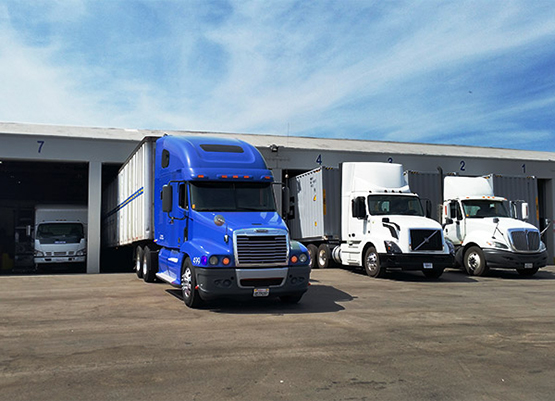
In an era where global trade is continually on the rise, the significance of efficient interstate freight services cannot be overstated. These services serve as the backbone of logistics and transportation, enabling the seamless movement of goods across vast distances. From perishable goods to heavy machinery, interstate freight plays a crucial role in ensuring that businesses can meet consumer demands in a timely manner. Understanding the intricacies of this industry is essential for companies looking to optimize their supply chains and enhance their competitive edge.
As the landscape of commerce evolves, so too do the challenges and opportunities within the interstate freight sector. With advancements in technology, regulatory changes, and shifting market dynamics, the freight industry is adapting to meet the needs of modern businesses. This article delves into the various facets of interstate freight services, exploring the different modes of transportation, best practices for logistics management, and the future trends that will shape the industry. By gaining insights into these elements, stakeholders can better navigate the complexities of freight transport and maximize efficiency in their operations.
Modes of Transportation in Interstate Freight
The interstate freight sector employs various transportation modes, each with its unique advantages and challenges. Trucks remain the dominant choice due to their flexibility and ability to reach remote locations. Rail transport is a cost-effective solution for bulk shipments, particularly over long distances, while air freight is indispensable for time-sensitive deliveries, offering speed at a premium. Additionally, maritime transport plays a vital role for international freight, facilitating the movement of large quantities of goods across oceans. By understanding these transportation modes, businesses can select the most suitable options for their logistics needs, ensuring timely and efficient delivery.

Best Practices for Logistics Management
Effective logistics management is essential to maximize the performance of interstate freight services. Companies should prioritize building strong relationships with reliable carriers and consider leveraging technology for real-time tracking and inventory management. Implementing robust planning and forecasting systems can also enhance operational efficiency, helping businesses anticipate demand fluctuations and optimize loading strategies. Partnering with an expert like the Interstate Transport Company Melbourne can provide valuable insights and solutions tailored to specific shipping requirements, thereby improving overall supply chain efficacy.
In conclusion, the effectiveness of interstate freight services is pivotal to the functioning of the modern economy, as it not only facilitates trade but also supports the rapid delivery of goods across vast distances. As businesses strive to stay competitive, leveraging the right transportation modes, implementing best logistics practices, and embracing technological advancements will be essential. By remaining agile and responsive to the continuous evolution of the freight industry, companies can optimize their supply chains, reduce costs, and enhance customer satisfaction. Ultimately, a comprehensive understanding of interstate freight services empowers businesses to navigate the complexities of logistics with confidence, paving the way for sustained growth and success in an increasingly interconnected marketplace.




